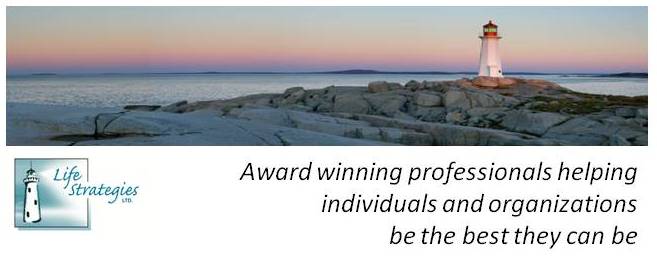
If you’re anything like me, you look forward to the warm, sunny days of summer. It’s a great time to plan that special holiday and leave all your worries behind. Upon returning to work I feel refreshed, reenergized, and ready to get back to my work duties. Sometimes getting back into the swing of things can take some time, but I always focus on re-engaging in my work.
So, just how can you re-engage yourself? Be sure to ease your holiday-to-work transition by following some of the tips included below (adapted from Helium.com):
- Give yourself time to settle back into your “normal” routine. If you’ve traveled to an exotic destination, give yourself a day or two to get your land legs and overcome any jet lag.
- Reflect on your positive holiday experiences and achievements.
- Stay positive about your work and reflect on the things that you enjoy doing.
- Avoid in-box overload. If you can, consider looking through your emails the night before returning to work or have a colleague respond to urgent items while you are away.
- Try to stick to your regular sleep schedule at least a few days before returning to work
- Give yourself time to settle back into the groove of things.
- Be sure to review any meeting notes, memos, or other updates
- Organize yourself by creating a checklist. This will give you a sense of accomplishment getting through all the smaller tasks.
- Take what you’ve learned/experienced during your holidays and apply it to your work.


 I'm currrently just finishing my contributions to a book on
I'm currrently just finishing my contributions to a book on 

